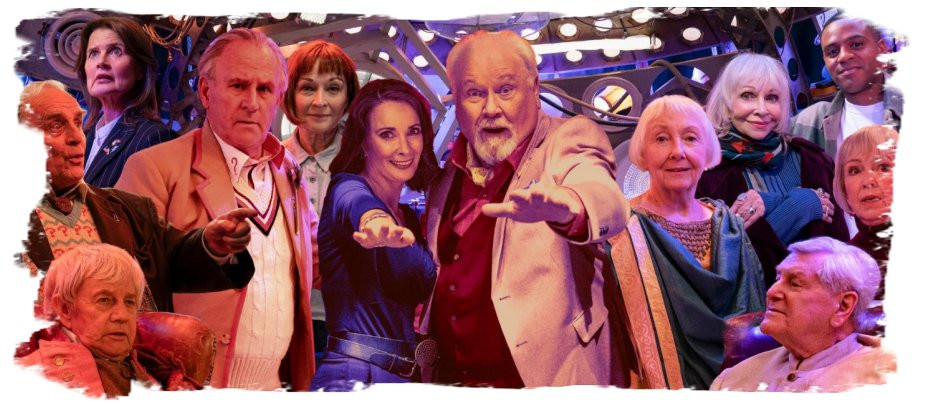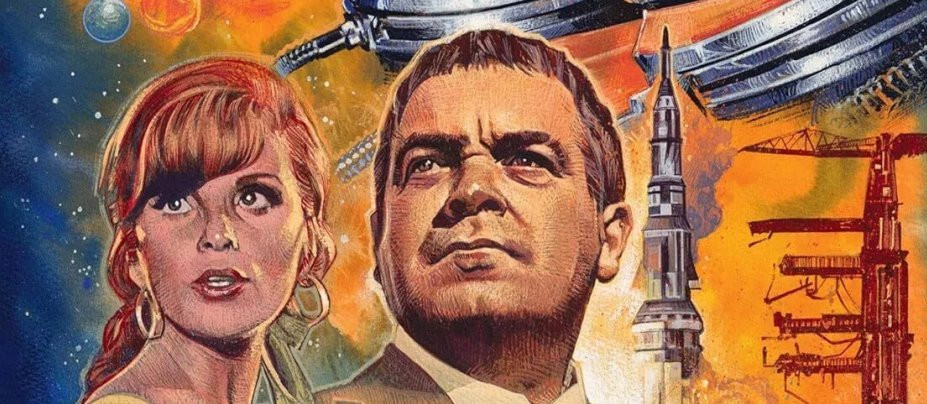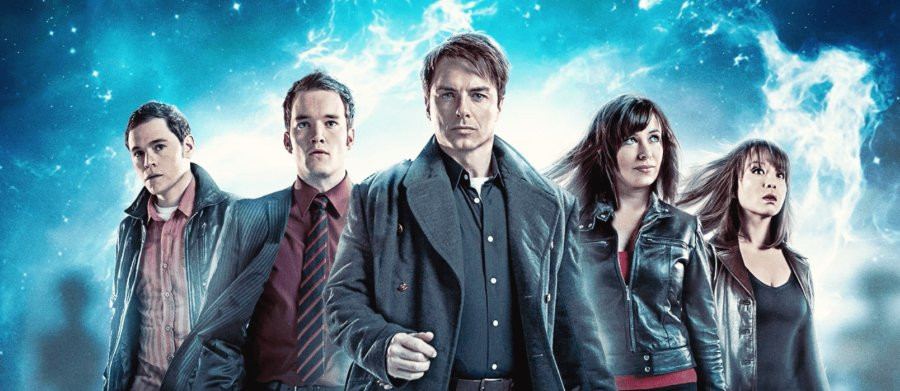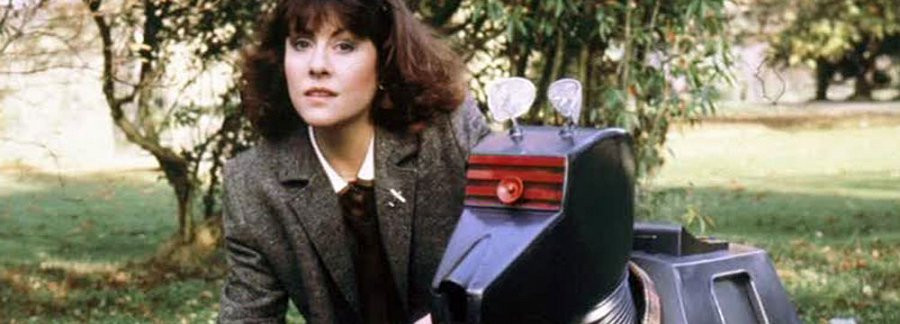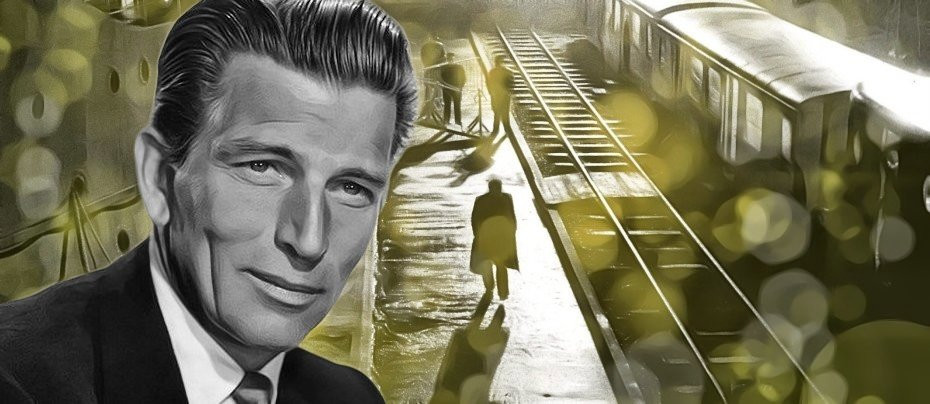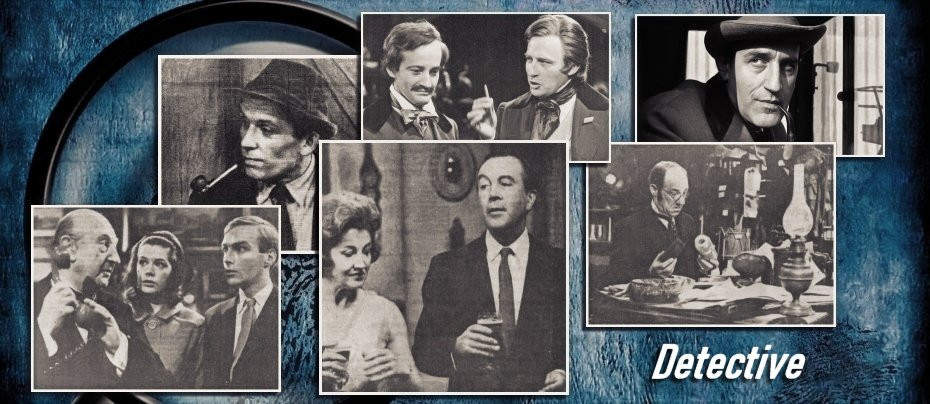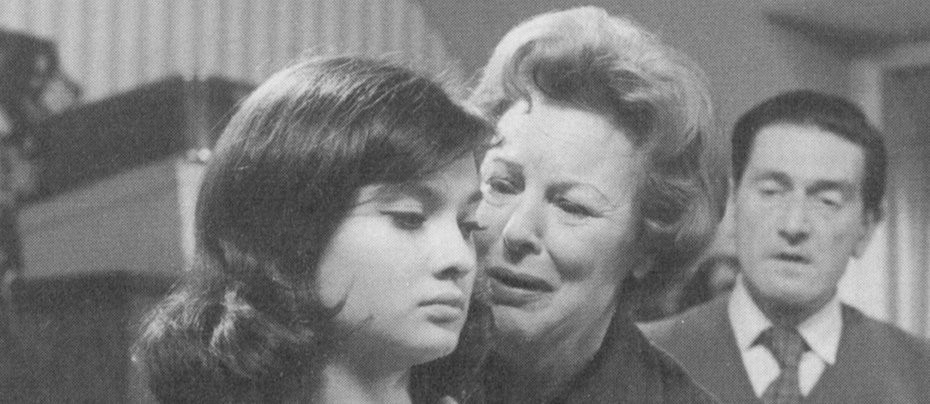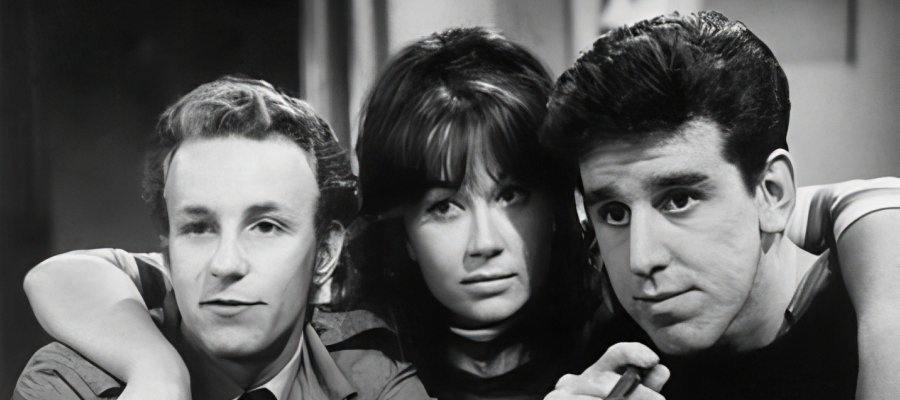The Daleks' Master Plan
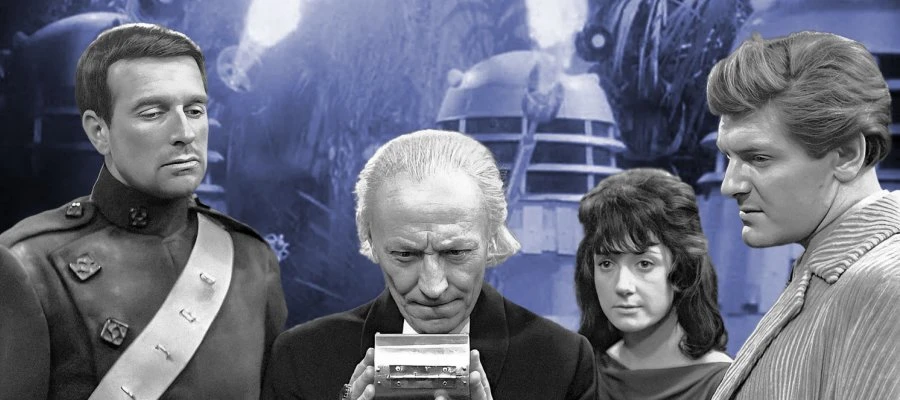
Conceived during a period of transition and uncertainty behind the scenes, The Daleks’ Master Plan remains one of Doctor Who’s most ambitious serials. Spanning twelve episodes – an epic in early television terms – the story attempts a grand, galaxy-spanning narrative that incorporates political intrigue, science fiction spectacle, and even festive irreverence. While not without flaws, it is a landmark in the series' formative years, rich in both daring content and production drama.
The idea was born in early 1965 when script editor Dennis Spooner, keen to recapture the success of The Dalek Invasion of Earth, invited Terry Nation to pen another Dalek-centred serial. The Daleks’ popularity was as much a commercial boon as a narrative one; a new serial was expected to boost toy sales in the run-up to Christmas. Nation was granted a one-episode prelude – Mission to the Unknown – which aired as a "teaser" in February, setting the stage for what was initially planned as a six-parter. However, BBC executives, impressed by the premise, requested an expansion to twelve episodes. Producer Verity Lambert (soon to leave the series) agreed, on condition that Nation and Spooner split writing duties due to their commitments to another project, The Baron.
The serial, finally confirmed by mid-June, became a significant source of tension within the production team. Incoming producer John Wiles objected to the extension and threatened resignation, only to be talked down by new script editor Donald Tosh. Both men reportedly struggled with the creative direction and burdensome length of the story.
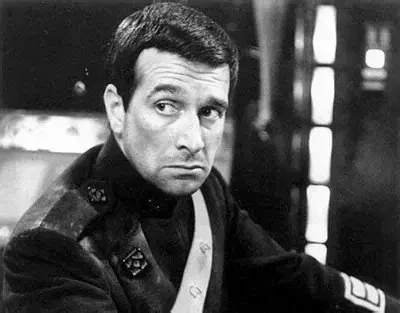
On screen, the narrative unfolds on the planet Kembel, where the Doctor seeks help for a wounded Steven Taylor (Peter Purves – see The Myth Makers), assisted by Trojan servant Katarina (Adrienne Hill). During his quest, the Doctor encounters Space Agent Bret Vyon, and the two uncover a sinister plot: the Daleks have formed an alliance with various galactic powers to annihilate humanity using a device called the Time Destructor, capable of destroying all life on a planet by rapidly accelerating time. The weapon’s power core has been secretly supplied by Mavic Chen (played with oily conviction by Kevin Stoney), the ambitious Guardian of the Solar System. The Doctor steals the core and escapes with his companions and Bret aboard Chen’s ship.
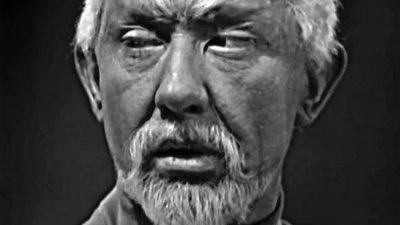
The ship briefly touches down on a prison planet, but shortly after departing, a stowaway seizes Katarina as a hostage. In a tragic act of sacrifice, Katarina opens the airlock, ejecting both herself and her captor into space. The remaining crew travel to Earth, where Bret contacts his former ally Daxtar (Roger Avon), who inadvertently reveals his allegiance to Chen. Realising the betrayal, Bret kills Daxtar, but is himself shot dead on Chen’s orders by his own sister, Space Agent Sara Kingdom. The Doctor, Steven, and Sara are then transported to the remote planet Mira, where Sara, now aware of Chen’s treachery, joins their cause. Together, they commandeer a Dalek ship, but the Daleks force it to return to Kembel. There, the Doctor and Steven construct a counterfeit core, trick the Daleks into accepting it, and escape with Sara in the TARDIS.
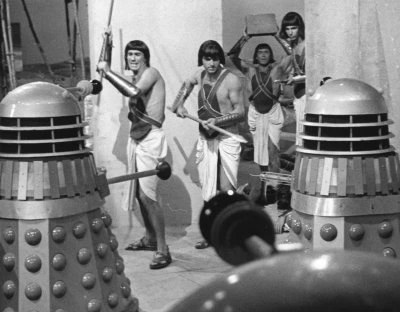
The subsequent chase takes the TARDIS crew from prison planets (where the Meddling Monk (Peter Butterworth) seeks vengeance after being stranded by the Doctor (see The Time Meddler) to Ancient Egypt, and even, briefly, into a 1920s film studio and a London police station.
Back on Kembel, Chen attempts to command the Daleks, they turn on and kill him. The Doctor seizes the Time Destructor, activating it to thwart the Daleks’ plan. As the device takes effect, Sara rapidly ages and dies, while Steven and the Doctor narrowly survive and reach the TARDIS. The Daleks’ attempt to destroy the machine backfires, and the Time Destructor annihilates all life on Kembel.
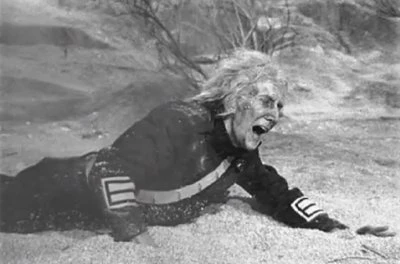
Nicholas Courtney, who had earlier been considered to play King Richard in The Crusade, was cast as Bret Vyon. The week after Courtney's casting, Jean Marsh—who had played Joanna in The Crusade, for which Adrienne Hill had been considered—was cast as Sara.
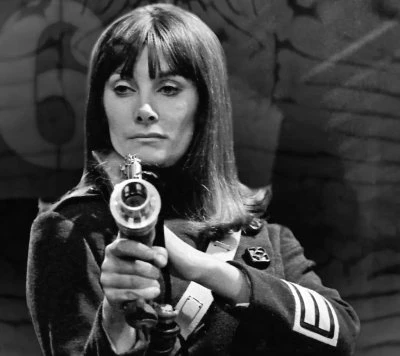
The decision to kill off Katarina was made early as her character proved too difficult to integrate into contemporary scripts. Her death marked the first on-screen demise of a companion in the series.
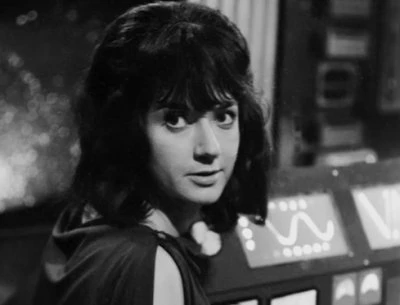
Notably, the Christmas Day episode – the seventh instalment – diverges sharply in tone. Believing viewers would be disengaged on the holiday, the production team devised a comedic interlude complete with a fourth-wall-breaking Christmas greeting from the Doctor. Script editor Donald Tosh later criticised the moment, feeling it disrupted the story’s tension and broke immersion.
Among the serial’s strengths is its scope. The political machinations, the varied locations, and the morally complex characters – notably Courtney’s Bret Vyon – give the serial a gravity few others of the era achieved. Courtney, later beloved as Brigadier Alistair Lethbridge Stewart, delivers a compelling performance.
The production, however, was not without significant strain. William Hartnell, in deteriorating health and dismayed by Verity Lambert’s departure, clashed with Wiles. His irritability led to tense relations on set, even prompting a brief crew walkout. His screen time was reduced in later episodes, and he was frustrated by a last-minute script change that had the Doctor unlocking the TARDIS with his ring—something he believed hadn’t been established in earlier episodes. In mid-December, he announced his intention to leave the role at the end of the season. However, the next day, he reversed his decision, saying he was open to staying on for another two and a half years. In the end, declining health led to his retirement less than a year later.
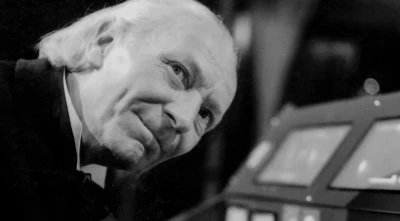
Viewer response was mixed. While the Daleks’ return was warmly welcomed early on, interest flagged by the eighth episode. Some viewers praised the Christmas special, while others derided it as "one of the worst programmes ever seen". Concerns were raised over the level of violence, particularly in Katarina, Brett and Sara’s deaths. Despite these controversies, the serial averaged a respectable 9.35 million viewers, outperforming its immediate predecessor, though falling short of the previous year’s highs.
From their earliest appearances, the Daleks have been obsessed with the "ultimate weapon"—a device capable of destroying their enemies in one decisive strike. Across decades of Doctor Who, this obsession has manifested in ever more apocalyptic forms. In 2008 the idea of wiping out existence on a universal scale (a not dissimilar idea to the use of the Time Destructor) by use of Davros’ Reality Bomb was explored in Journey’s End.
Whilst this later series can be viewed on BBC iPlayer, tragically, much of The Daleks’ Master Plan has been lost to time. Only three episodes survive in visual form following the BBC’s wiping of master tapes in the late 1960s. However, complete audio recordings exist, and these, along with surviving footage, have been released in various formats over the years.
In retrospect, The Daleks’ Master Plan stands as a bold experiment – a sprawling, sometimes uneven epic that pushed the boundaries of what Doctor Who could be. It is remembered for its high stakes, its uncompromising darkness, and its willingness to kill off major characters. While its fragmented survival makes it difficult to appreciate in full, its ambition and legacy remain undiminished.
Laurence Marcus


